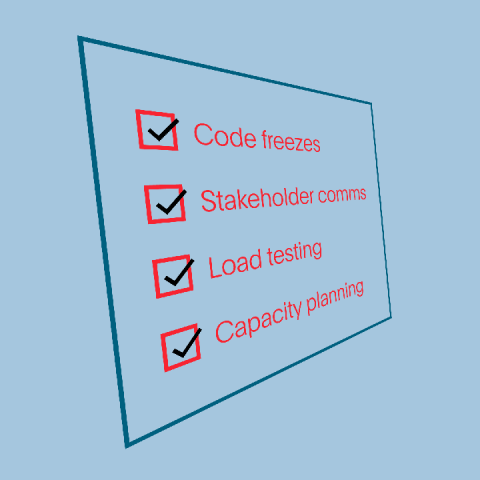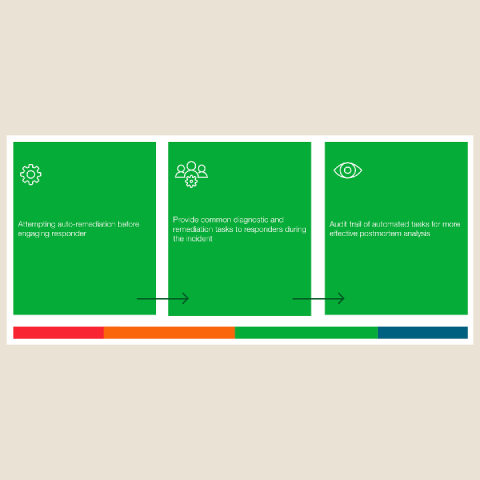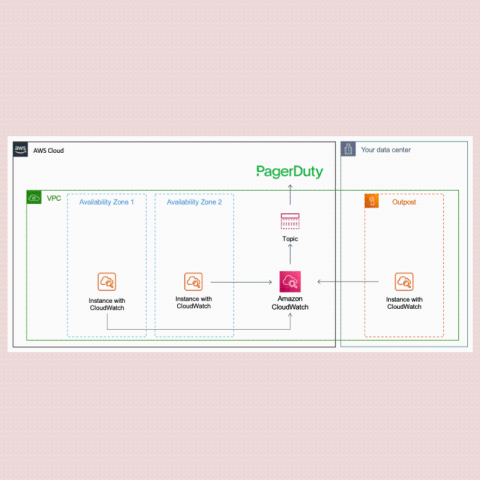What's New: Change Impact Mapping, Visibility, and On-Call Improvements
We’re excited to announce a new set of product updates and enhancements to the PagerDuty platform! Our latest release expands Change Impact Mapping integrations and experiences, gives access to the Visibility dashboard for Business plans, improves on-call processes and analytics, and advances incident response automation so teams can work more efficiently during the moments that matter.







